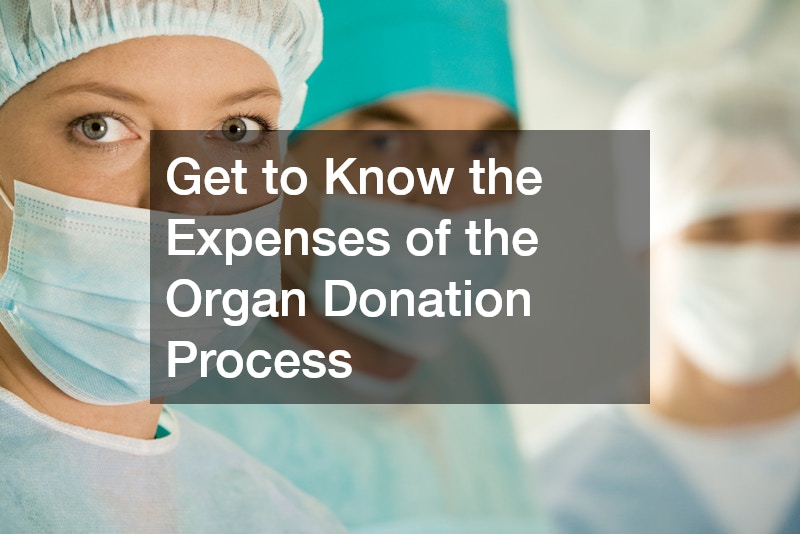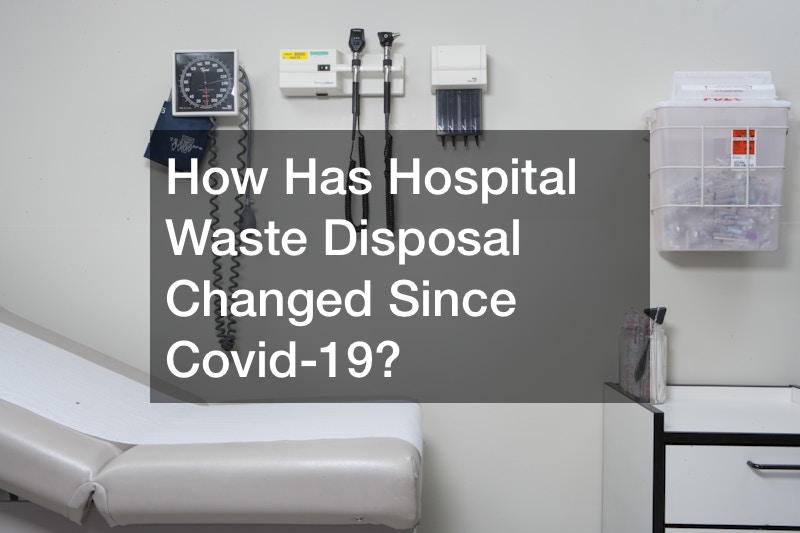
The organ donation process can be life-changing for recipients, offering them a second chance at life, but for donors and their families, understanding the financial aspects is important. While the act of organ donation is selfless, many people are concerned about the costs associated with the process. Knowing what expenses are covered and which ones may fall on the donor’s family can provide clarity and peace of mind.
What Costs Are Covered in the Organ Donation Process?
The good news is that most of the expenses related to the organ donation process are covered by the recipient’s insurance or an organ procurement organization (OPO). These covered costs include medical tests, surgeries, hospital stays, and follow-up care related directly to the donation itself.
This means that families of deceased donors or living donors are not responsible for the medical costs associated with the actual removal and transplantation of the organ.
For deceased donors, the OPO typically takes care of all medical expenses related to the donation process. However, it’s important to note that these organizations do not cover unrelated costs, such as the donor’s final medical bills or funeral expenses.
Potential Out-of-Pocket Expenses for Donors
Although medical costs for the organ donation process are covered, there can be indirect expenses that the donor or their family might need to address. These can include transportation, meals, and lodging for family members if the donor is undergoing surgery in another city. Additionally, living donors may face a loss of income during their recovery period. While some employers offer paid leave for living organ donors, not all do, and any missed wages would be the donor’s responsibility unless covered by a specific financial assistance program.
For living donors, while the actual procedure is covered, they may still face out-of-pocket expenses related to post-operative care, such as medications, rehabilitation, or follow-up visits not covered by insurance. It’s important to understand what your insurance will cover and what might require additional financial planning.
Financial Assistance Programs
Fortunately, there are programs designed to help donors offset some of these costs. The National Living Donor Assistance Center (NLDAC) offers grants that cover travel, lodging, and lost wages for living donors. For deceased donors, many organizations work with the families to ensure that any out-of-pocket expenses related to the organ donation process are minimal or covered.
While the organ donation process does involve expenses, most of the medical costs are covered by the recipient’s insurance or an organ procurement organization. Donors, especially living donors, may face some indirect costs, but there are financial assistance programs available to help. Understanding the potential expenses allows families and donors to make informed, confident decisions about this generous and life-saving act.
.




